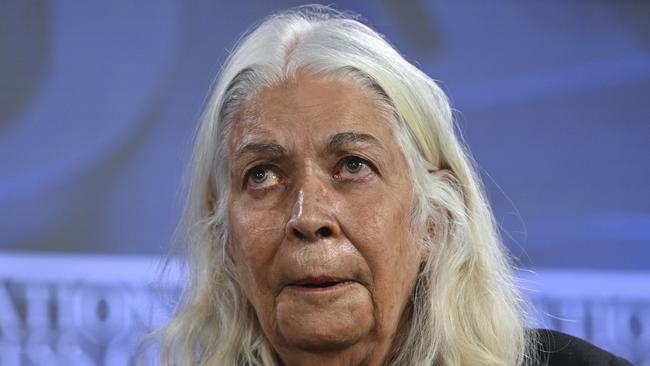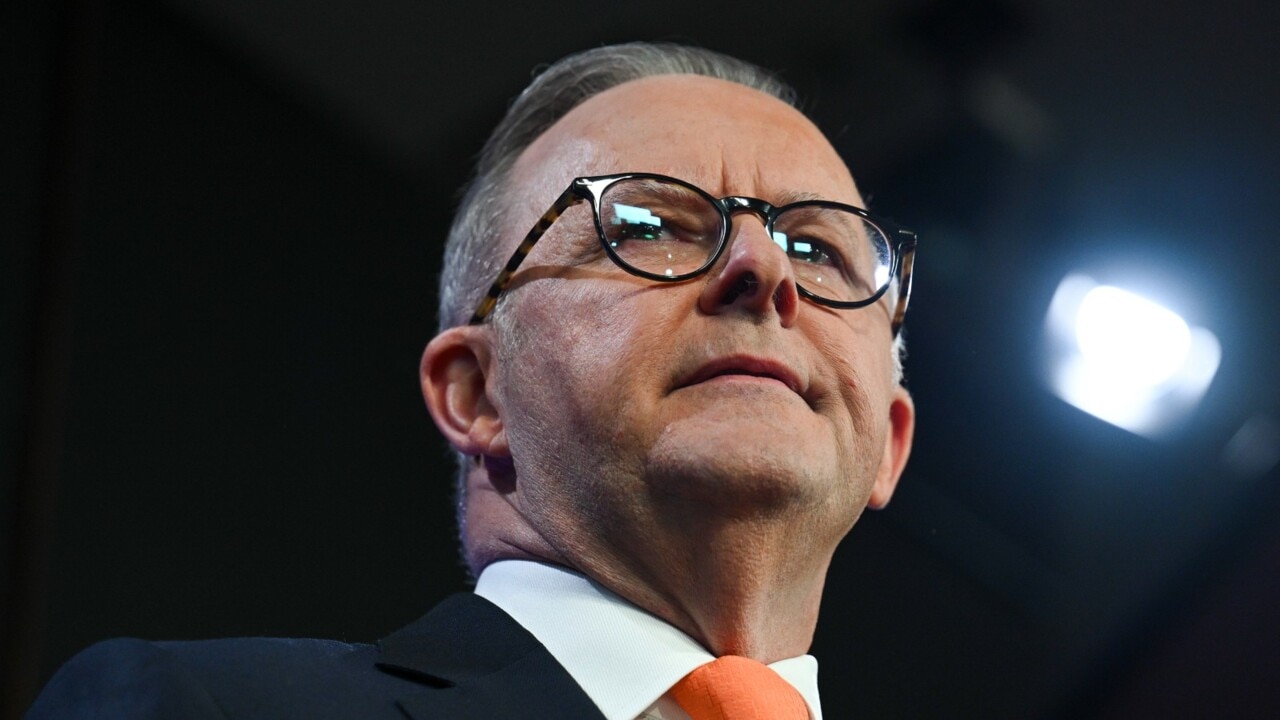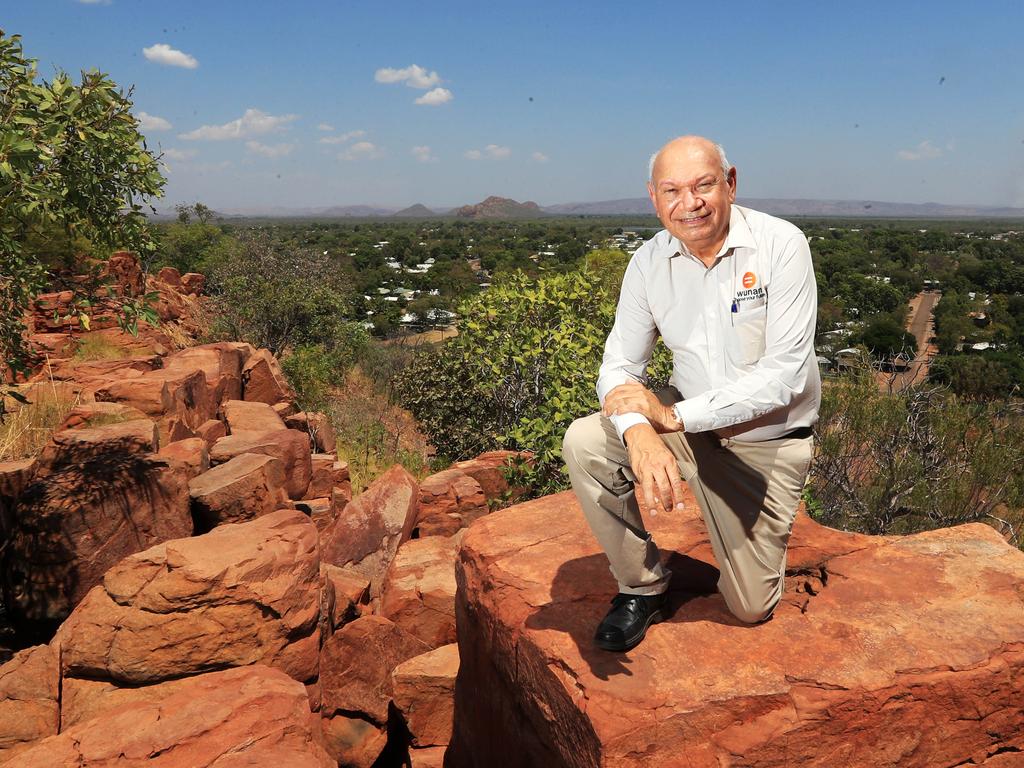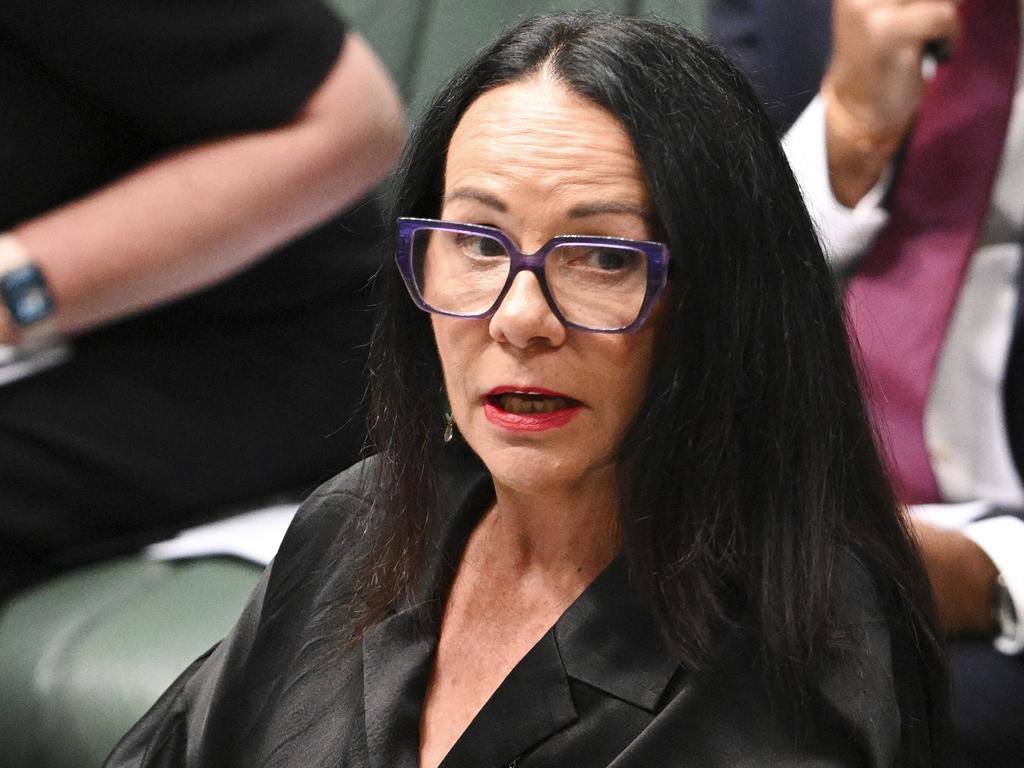Let local Indigenous voices be heard, Marcia Langton tells Anthony Albanese
Marcia Langton wants the Albanese government to continue to support various forms of Indigenous voices across Australia, including legislated voices, as a way of fixing the failing Closing the Gap agreement.

Marcia Langton wants the Albanese government to continue to support various forms of Indigenous voices across Australia, including legislated voices, as a way of fixing the failing Closing the Gap agreement.
The call from the co-author of the Morrison government’s voice blueprint came as governments contemplate the Productivity Commission’s withering assessment of their “business as usual” approach during the first four years of the Closing the Gap national agreement, despite promising to work in partnership with communities to reduce disparity between Indigenous and non-Indigenous Australians.
Professor Langton pointed to her 2021 report, co-authored with fellow Indigenous leader Tom Calma, as a means to carry out the shared decision-making found lacking in the current Closing the Gap agreement.
“The Calma-Langton report recommended states and territories legislate the regional voices and engage with them in the way envisaged both in our report and also described in the Productivity Commission report,” she said.
A week before the October 14 referendum, Anthony Albanese ruled out legislating a national voice if Australians said no to putting the advisory body in the Constitution. However, The Weekend Australian has been told there is despair among some Indigenous leaders that the Prime Minister appears to be “running dead” on Indigenous affairs. There was hurt over his comments on Christmas Day that the referendum defeat was no personal loss.
Uluru Dialogue member Geoff Scott said the nation had returned to the status quo on Indigenous issues, which was politically embarrassing.
“Every year the Prime Minister gets up and does a Closing the Gap speech and says it’s terrible again, we will do better next year, and we don’t,” Mr Scott said. “It is normalised. The failure in this space is normal and accepted.”
The South Australian government is close to establishing local and regional Indigenous voices backed by legislation. In the far north of Western Australia, Indigenous communities are forming their own regional voice outside legislation in the hope they can help governments cut waste and direct funding to the projects that work best.
Empowered Communities, an alliance of 10 urban, rural and remote Indigenous regions including La Perouse and Northeast Arnhem Land, says the Closing the Gap agreement will continue to fail while it is top down and government-led. It describes the agreement as “a commitment rather than a method”.

The organisation’s chair, Ian Trust, an elder from the Kimberley town of Kununurra, said: “Australia needs to grapple with ‘how’ to do shared decision-making. What the Productivity Commission report says is not new. For decades, we’ve known Indigenous people must be more centrally involved in decision-making to close the gap – every report since the Royal Commission into Aboriginal Deaths in Custody has said this kind of empowerment is essential.”
Mr Trust supported the cashless debit card and objected to the Albanese government’s decision to take it away without consulting his people.
His calls for severe alcohol restrictions in his hometown were also ignored by the McGowan Labor government despite evidence of alcohol-related harm to Indigenous children.
His organisation has established joint decision-making panels that have no legislative authority but operate on the goodwill of individual public servants or sympathetic ministers.
Professor Langton said Closing the Gap across all targets required collaboration of the Aboriginal-led community and government partnership.






To join the conversation, please log in. Don't have an account? Register
Join the conversation, you are commenting as Logout